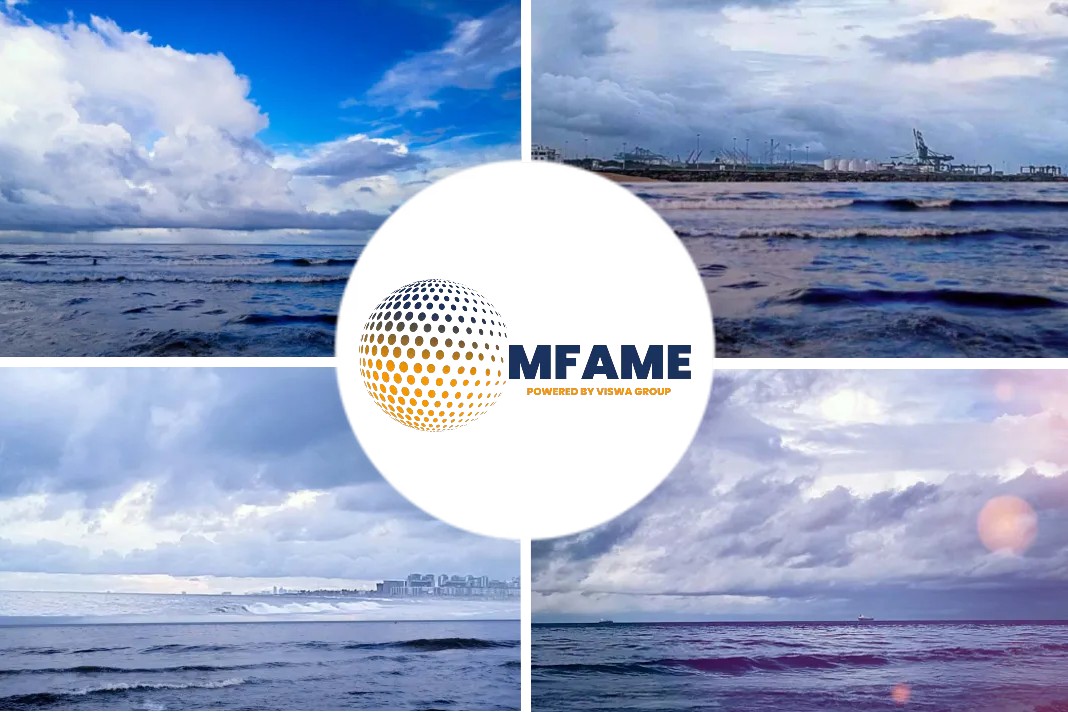
The oceans cover two-thirds of the planet and are difficult to govern, resulting in human rights and environmental crimes occurring with impunity. Most people are unaware of what happens at sea, despite half the world’s population living within 100 miles of the ocean. The oceans are not just a marine habitat, but also a workplace, metaphor, grocery store, trash can, and more. Without reimagining this domain more broadly, we will continue to fall short in governing, protecting, and understanding it.
- The oceans are a workplace. Over 50 million people work offshore, particularly in fishing which is the world’s most dangerous profession causing over 100,000 fatalities per year. Many workers experience extreme conditions, injuries, long hours, and violence. They have their own culture and language and often rely on lore rather than law. Infections are common and access to medical treatment is limited, while drugs like amphetamines are often used to help workers cope.
- The oceans are a metaphor. The concept of oceans as an inexhaustible source of wealth and abundance has been ingrained in human consciousness for centuries. This has led to a lack of concern about the impact of human activity on the oceans and a belief that they can replenish themselves infinitely.
- The oceans are an escape. The idea of life at sea has been romanticized for centuries as the ultimate expression of freedom, removed from government meddling and a chance to explore. This narrative has been locked deep within human DNA, starting with stories of daring adventurers discovering new lands. Despite the dangers, this freedom still appeals to some and a small group of libertarians known as “seasteaders” dream of creating self-sufficient, self-governing communities in international waters.
- The oceans are a prison. Ships at sea can be like jails for workers who are often trapped in debt bondage or through trickery, and mistreatment is difficult to capture on camera. Maritime labour researchers predict that more ships will venture farther out to sea, increasing the likelihood of mistreatment. Hundreds of seafarers are abandoned annually, left stranded without resources or immigration papers, and their numbers are growing. They are left to roam or sit and wait, slowly deteriorating physically and mentally.
- The oceans are a grocery store. The oceans provide a significant source of food and income, with seafood being the largest globally traded food commodity. However, the treatment of the oceans is often influenced by a perception of aquatic creatures as a lower order of life and simple things to be consumed. Global seafood consumption has increased drastically in the past 50 years, leading to overfishing and depletion of stocks. Technological advancements in the fishing industry, such as satellite navigation, have made industrial fishing more of a science than an art, resulting in the overfishing of more than a third of the world’s stocks.
Did you subscribe to our newsletter?
It’s free! Click here to subscribe!
Source: AOL
























